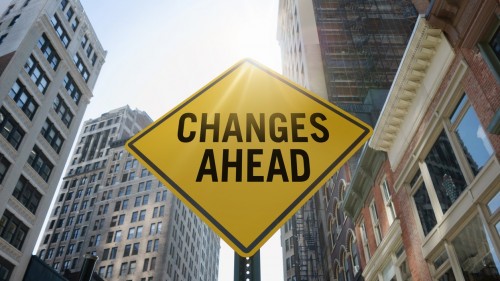What does the election result mean for travel VAT?

posted 16th December 2019
Whether you celebrated or commiserated Thursday’s election result, we now have a slightly clearer picture of what VAT may look like over the next few years, specifically in relation to the Brexit “will we or won’t we” question. The long-term answers won’t be fully known until we know exactly what the trade deal between the UK and EU will be. However, for travel VAT, some initial post-election thoughts are as follows:

We will most likely leave the EU on 31 January 2020, but with a transitional period in place up to the end of 2020 (or earlier, or later, or whatever anyone eventually decides). Anyway, the point here is that EU law will continue to apply to UK businesses throughout the transitional period and this includes compliance with all EU VAT law and regulation so there will be no change to the status quo throughout this time. The key date to look out for to plan VAT changes (and everything else) by will be the date the transition period ends. Before then, there will be no changes to VAT from a Brexit perspective.
Once the transitional period ends, the key question will be whether a trade deal has been reached (likely if post-election reaction from all sides is anything to go by) and, if so, what that trade deal is. Here, there are a number of possibilities:
- A trade deal which includes a Customs Union is reached – unlikely given the political commentary but, if so, logically we would remain within the EU VAT area and nothing significant would change for VAT purposes.
- A trade deal is reached which includes specific provisions on VAT (such as, for example, agreeing that the UK will align its VAT system with the EU) – there is no reason to suspect such an agreement at this point other than my own feeling that the Northern Ireland cross border goods issue is significant and the current proposed solutions does not appear to have considered all angles for VAT purposes. We would need to wait to see what deal is reached, or at least the basic blueprints, before commenting much further here.

- A trade deal is reached which confirms that we are not bound by EU VAT law (the most likely option at this current time) – we would expect this to closely mirror HMRC’s current guidance on a “no deal” Brexit. In this case, the UK will have the freedom and flexibility to change its own UK rules. As per HMRC’s no-deal Brexit guidance, in the event of a no deal scenario, they don’t wish to change anything VAT-wise other than sanitary products for the foreseeable future…unless they have to. Most VAT law does not need to be changed following Brexit except for a few specific areas. One of these areas is TOMS. The current no-deal guidance says that UK TOMS would change in only one (albeit one very significant!) way, in that the margin would only be subject to the standard rate of VAT if the services take place in the UK (currently, the margin is standard rated if the services take place anywhere in the EU, including the UK). There may however be a risk in this scenario that UK tour operators would need to register and pay VAT in other EU member states (see this link).
- No deal – hopefully off the table, but I would expect this to be no different to the comment above.
For travel businesses which don’t use TOMS, or which only sell TOMS services which take place in the UK, we don’t currently expect any foreseeable changes in any of the above scenarios. Mechanisms such as the reverse charge, the “general rules” and the VAT rates are not expected to change as part of the Brexit process because the UK will copy EU law across to its own domestic legislation as far as possible. This may of course change as the trade talk progress, but to date there is nothing to suggest any imminent disruption to this.
One final point of note is for those who currently claim foreign VAT under the EU VAT Refund Scheme. A version of this scheme is available for non EU businesses, but the timings are different and a bit stricter. The administration is also a bit more lengthy. As such, assuming we do not stay in a Customs Union, I would advise those who do use this system to ensure that you are prepared for this. Please speak to me if you’re concerned about this.
I hope we will know more soon into the new year and I will provide commentary as and when I can. If you would like to speak to me in the meantime about Travel VAT, TOMS, Brexit or just to say Happy Christmas (😉) then please contact me laura@vatnav.com 07971 642789.


